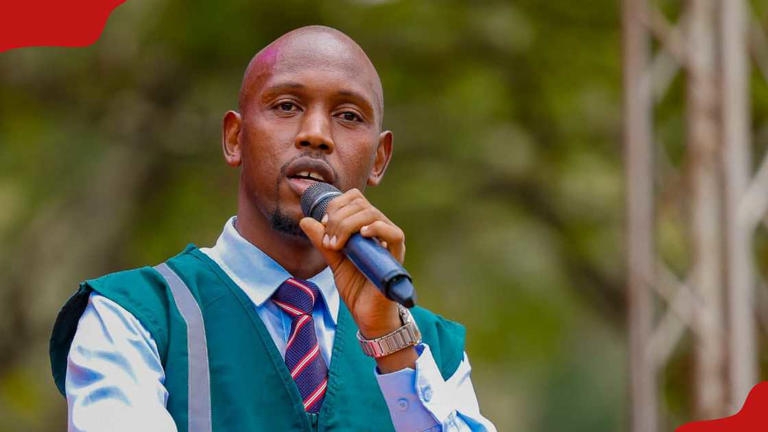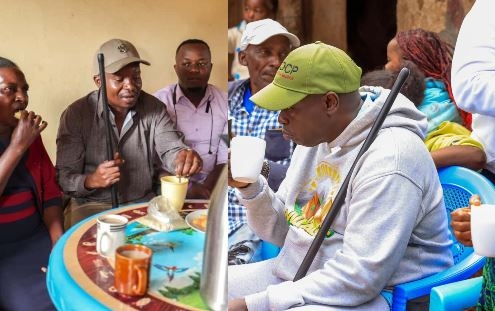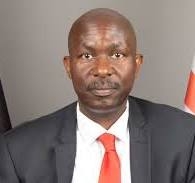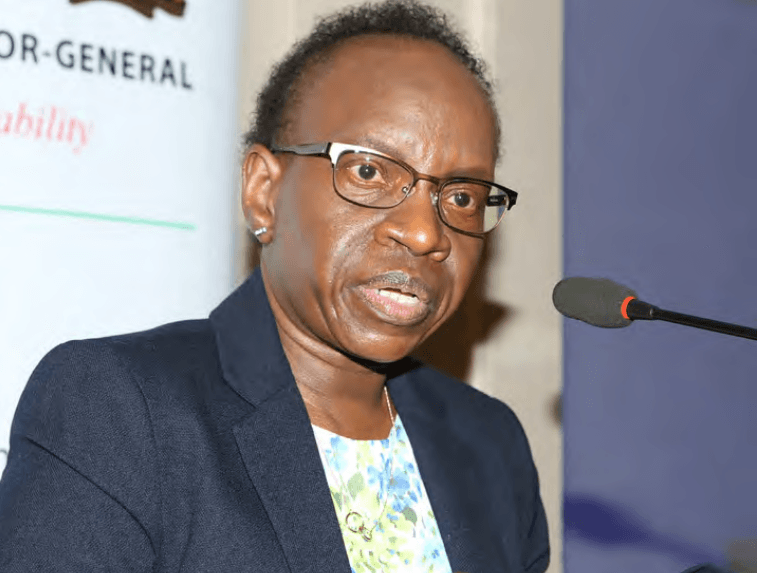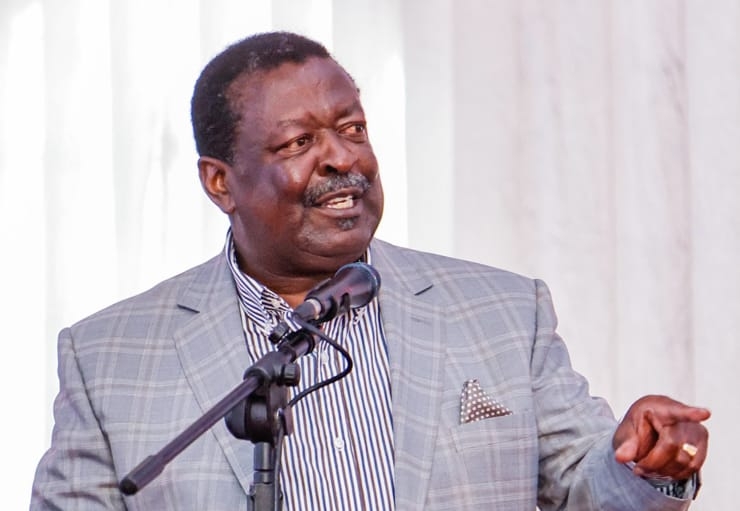Calls for a cease-fire from the international community have fallen on deaf ears as fighting extends to nearly three months.
The conflict, which began on April 15, has left top UN officials expressing their shock at increasing sexual violence against women and girls.
The crisis has left thousands of people killed, forced millions to flee their homes and caused a humanitarian crisis.
"Sudan’s bordering countries must immediately lift entry restrictions for individuals fleeing the conflict in the country and ensure access to protection and safety for about half a million people who have already fled," Amnesty International said in a statement.
Joan Kogo, a mental health activity manager for doctors without borders in Sudan says her experiences have been a mix of highs and lows.
Her assignment spans across different states in Sudan responding to emergencies and providing vital support in regions like West Darfur and Central Darfur.
Her main responsibility has been to strengthen and introduce mental health activities, ensuring that quality services are delivered according to their protocols.
She says working in conflict-affected areas means witnessing extreme suffering and deprivation. In her own words, witnessing the immense physical and emotional pain endured by individuals affected by conflict can be overwhelming and emotionally draining.
"Sometimes, there are instances where we are unable to reach everyone in need due to access constraints or security risks, and this poses its own set of challenges," she says.
Kogo recalls that when the war broke out, she assumed it was a temporary precautionary measure.
However, as the hours passed, the distant sound of gunshots grew louder and more menacing.
"Seeking safety, we took refuge on the ground floor and entered a state of hibernation. The blasts reverberated around us, a constant reminder that leaving the house was out of the question," Kogo says.
"In those tense moments, we relied on the provisions from our hibernation kit to sustain us. The stress was intense as we listened to the terrifying sounds of gunfire."
In terms of high moments, she explains that witnessing positive transformations has been immensely gratifying.
She says seeing individuals, families, and communities overcome trauma, rebuild their lives, and regain their mental well-being has been a source of great satisfaction.
"In remote areas of Central Darfur, I have witnessed the positive effects of our work, providing psychological support to those in need, promoting resilience, and contributing to community development," Kogo says
Despite the challenges, Kogo says she won’t hesitate to continue working in a conflict situation because it gives her a chance to make a difference in the lives of those affected by conflict remains a calling she is fully committed to.






